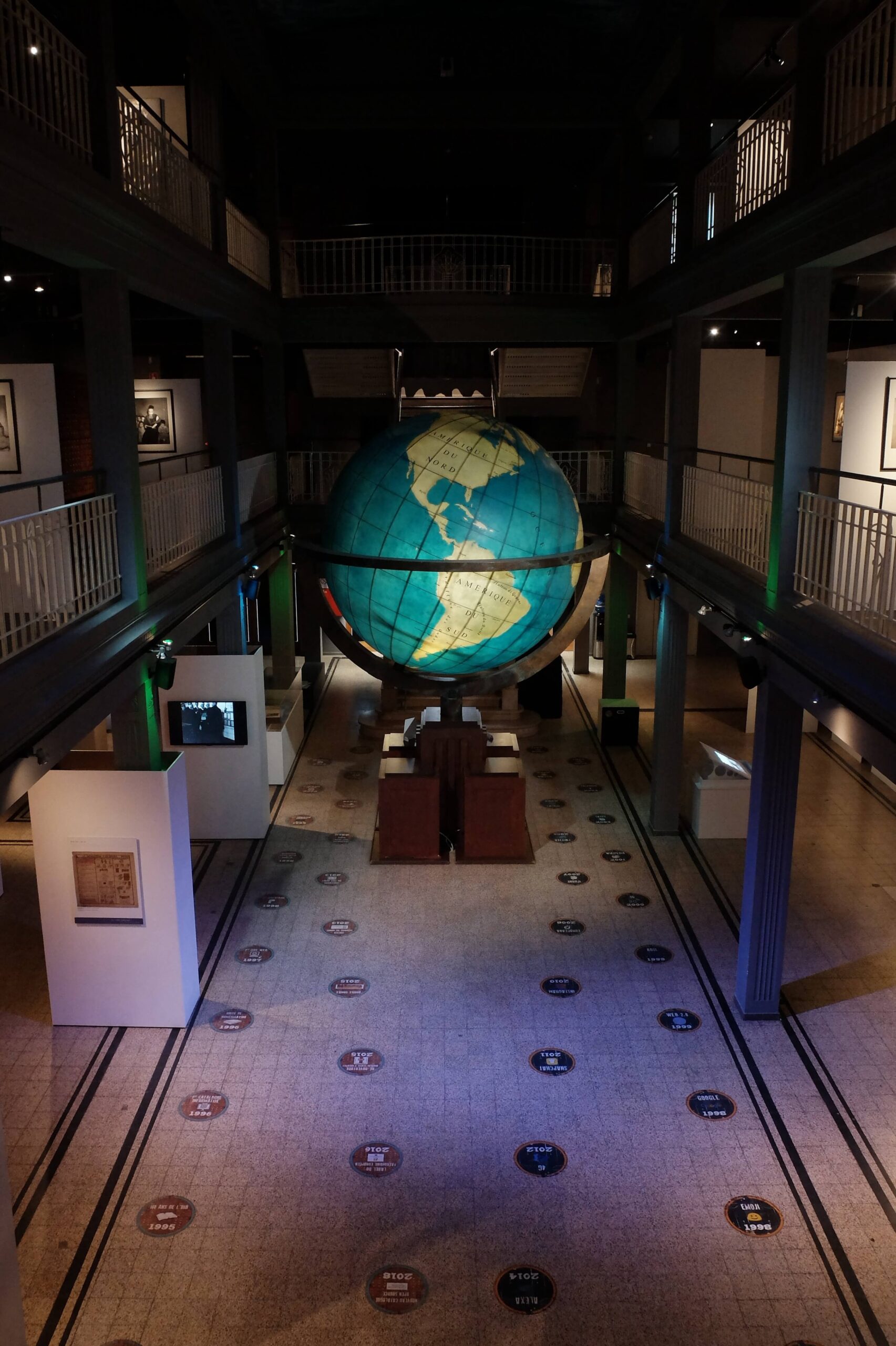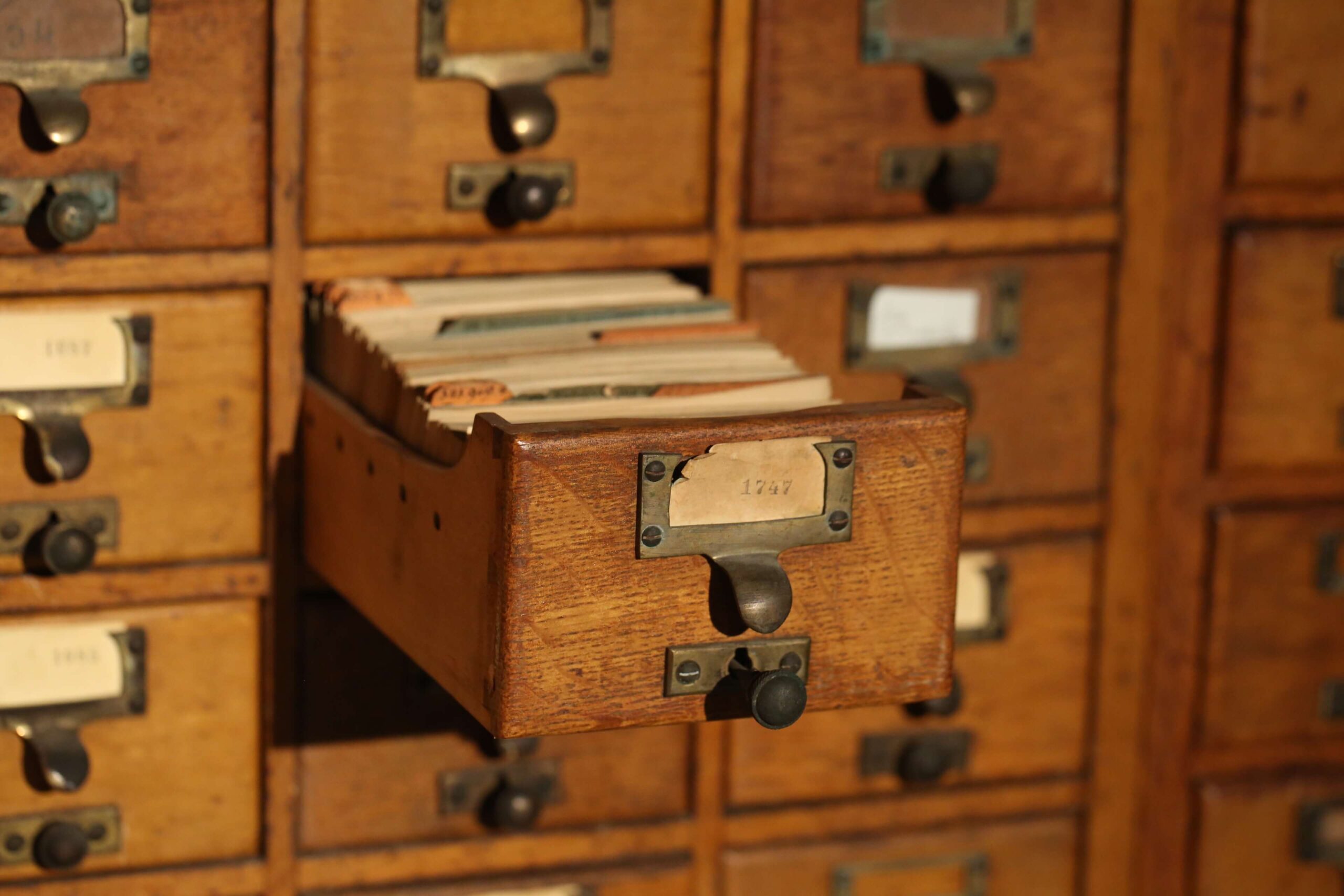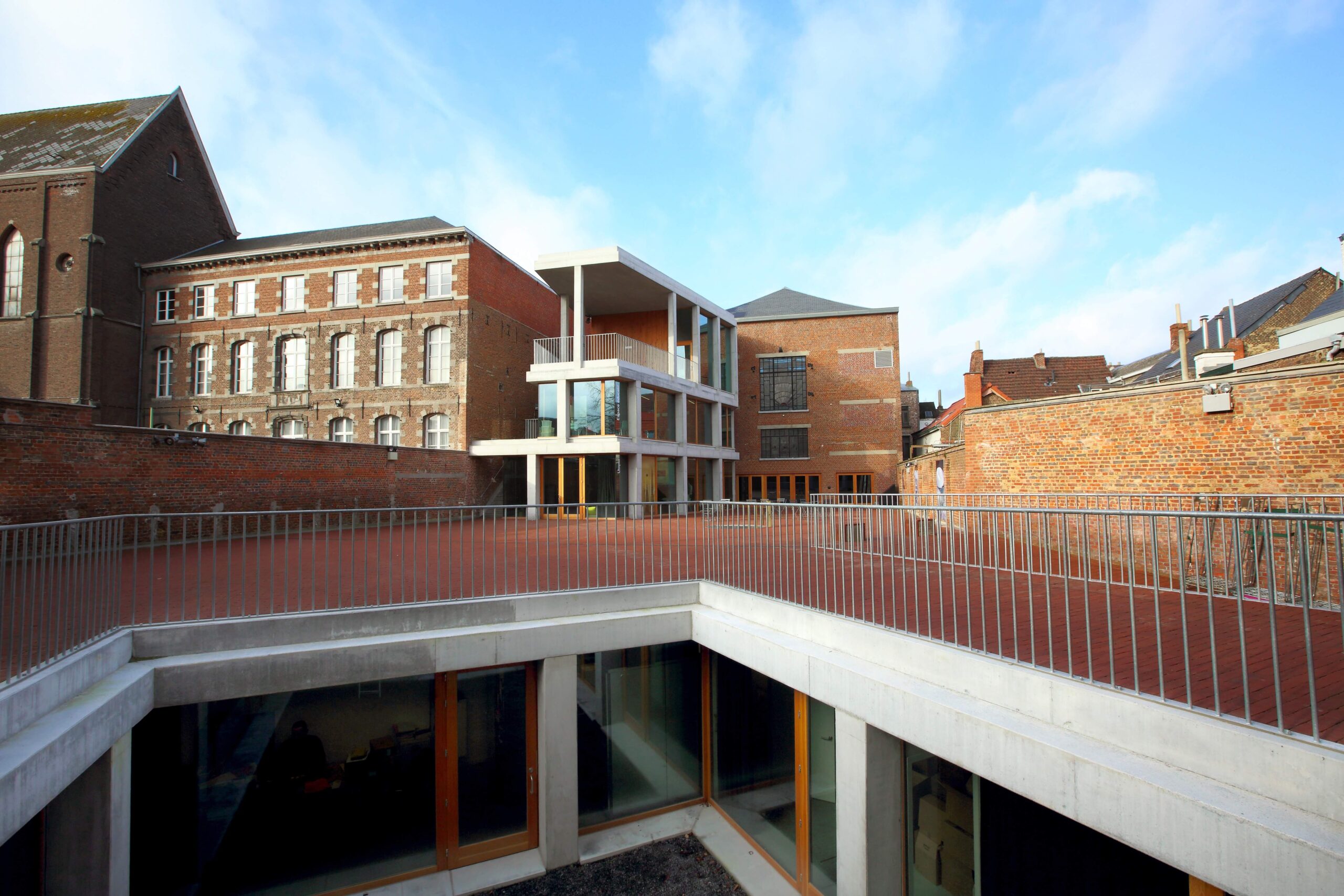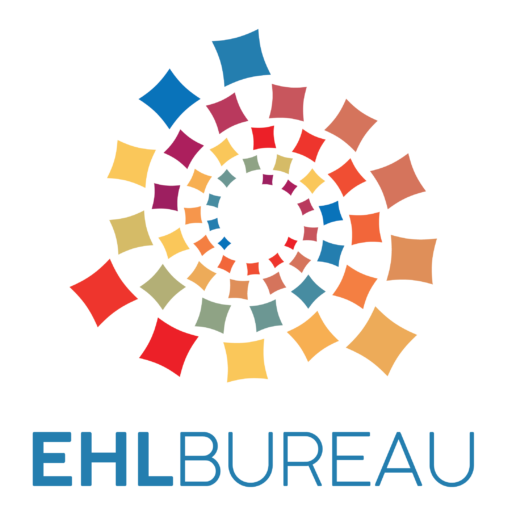This website uses cookies so that we can provide you with the best user experience possible. Cookie information is stored in your browser and performs functions such as recognising you when you return to our website and helping our team to understand which sections of the website you find most interesting and useful.
Mundaneum



The EHL Site
At the turn of the 20th century, Paul Otlet and Henri la Fontaine started to dream of a different world: a world in which knowledge would be accessible to all as a path towards world peace. They created the Mundaneum to gather and disseminate knowledge. Through numerous projects that revolved around the transfer of knowledge, they sought to achieve their ideal of peace. Classifying, documenting, sharing, uniting, and dreaming the world would lead them to imagine a World City entirely devoted to universal understanding.
Today, the Mundaneum is an internationally renowned archive and museum of the Wallonia-Brussels Federation. It has been awarded the European Heritage Label and is listed in the UNESCO Memory of the World Register. The universalist utopia it embodies continues to exist through a collection of 6 kilometers of documents and the humanist, pacifist and universal values that led to its creation.
Today, the institution invites you to discover this visionary adventure, as well as the men and women who have carried it forward: Paul Otlet, the father of information science and precursor of the Internet, Henri La Fontaine, Nobel Peace Prize winner, but also Léonie La Fontaine, one of the first Belgian feminists, and many others. To dive into the world of the Mundaneum is to enter the “machine for thinking the world”.
European dimension
The Mundaneum is a landmark in the intellectual and social fabric of Europe. It provides the foundations of present-day information science and is considered as precursors of internet search engines. Its founders were advocates of peace through dialogue and sharing knowledge at European and international level.
It features on the European Union’s list of European Heritage Label sites because of the significant role it has played in the history and culture of Europe.
The organization
As a private archive centre and museum space recognised by the Federation Wallonia-Brussels, the Mundaneum presents itself as a place of reflection based on the ideological and historical heritage of its founders: Nobel Peace Prize winner Henri La Fontaine and the father of documentary science, Paul Otlet. As a place of reflection, the Mundaneum questions these humanist ideas through various missions :
– Preservation: With archives more than 6 km long, 90,000 photographs on glass plates, thousands of posters and postcards, the Mundaneum preserves a unique collection on universal subjects. Over the years, the Mundaneum has developed expertise on pacifism, anarchism and feminism.
– Promotion: The promotion of the archives of the Mundaneum is done through numerous scientific and tourist projects and by accompanying researchers from all over the world in their research. The museum space is a privileged place for promotion and dissemination to the general public thanks to heritage exhibitions that question the themes of society.
– Outreach: The Mundaneum aims to spread these thoughts and values both locally and globally. Through international recognition but also through various activities: conferences, tours, activities for the general public and education, …
Through its missions, the Mundaneum weaves links between heritage and the present with one credo: peace through knowledge.
